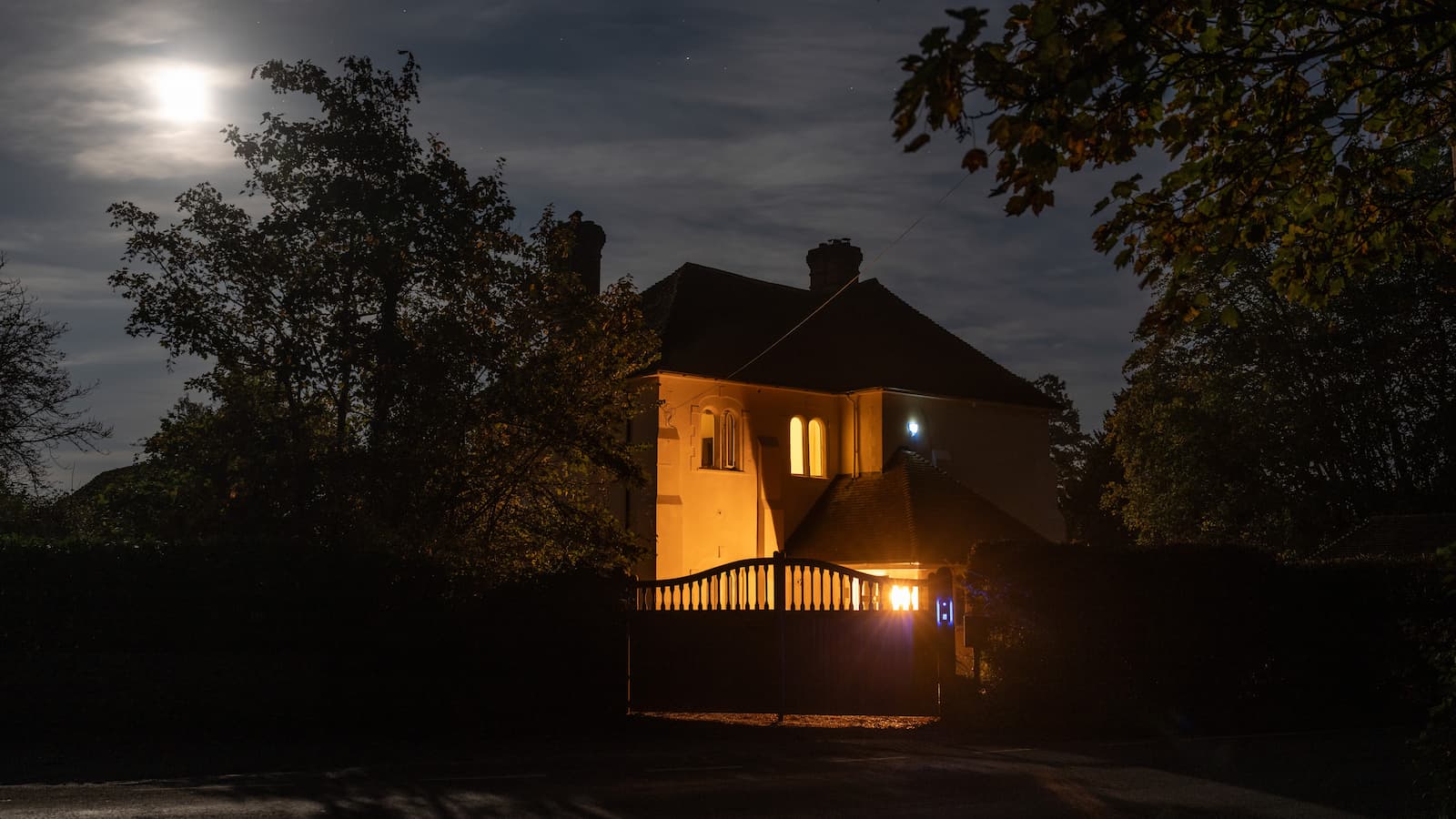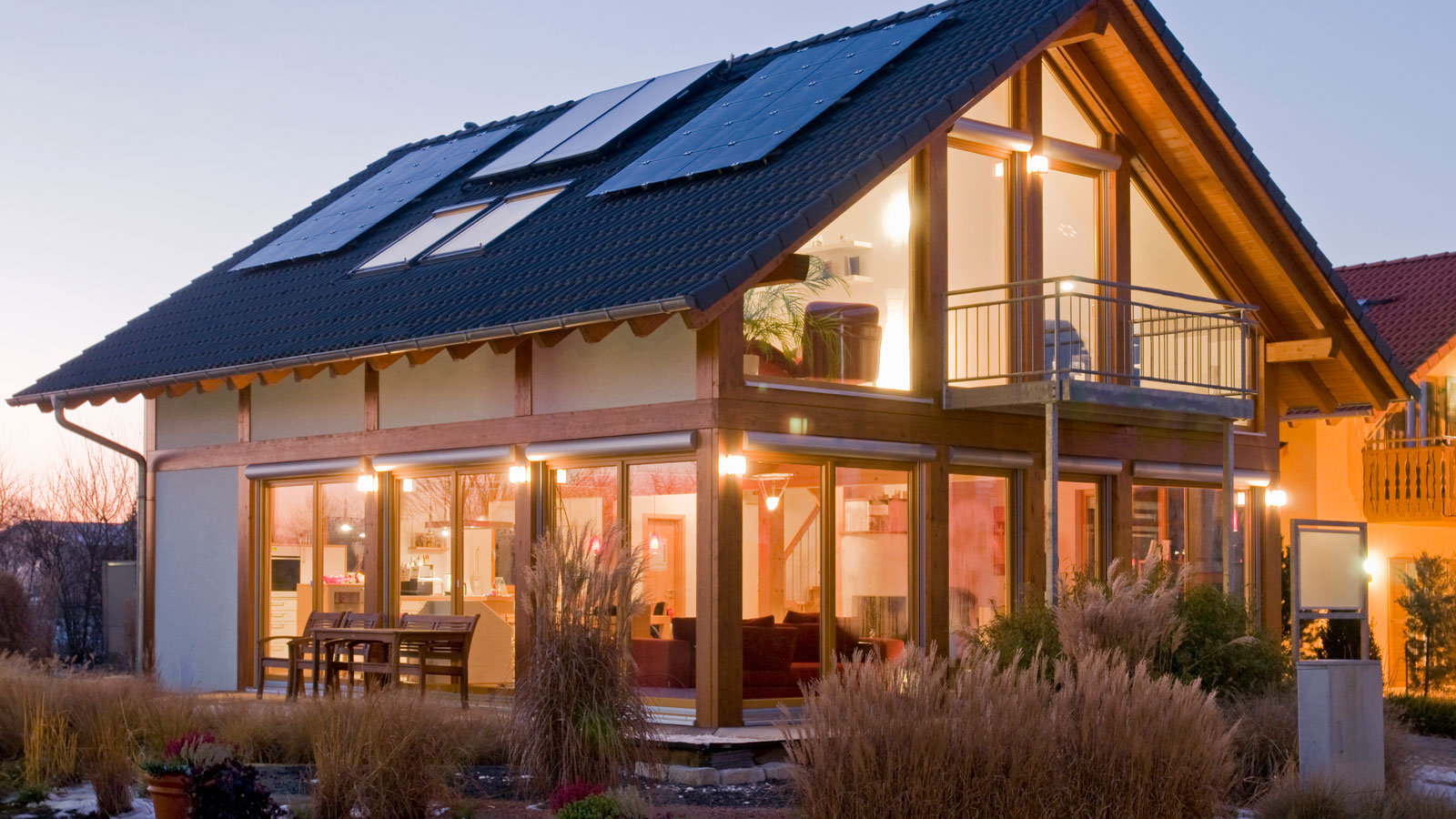Do you have to disclose if your house is haunted when selling?
Do sellers need to disclose if a house is believed to be haunted? Explore how reputations, law, and market value intersect in England and Wales

Houses that are believed to be haunted often attract curiosity, caution, or debate among potential buyers.
But do sellers have to disclose a property’s haunted reputation when selling? The answer affects how buyers view the home, how easily it can be sold, and its potential market value.
Understanding what the law says and how reputations influence the property market is essential for anyone selling or buying a home in England and Wales.
What UK law says about haunted houses
In England and Wales, property sales are primarily governed by the Consumer Protection from Unfair Trading Regulations 2008 .
These regulations prohibit misleading actions or omissions that could affect a consumer's decision to purchase.
However, the law focuses on tangible, material facts that could affect the property’s value or desirability, such as structural issues, legal disputes, or problems that could affect the buyer’s decision, like a history of flooding or significant repairs that are needed.
There is no statutory requirement to disclose supernatural occurrences or ghostly reputations and the legal system generally adheres to the principle of "caveat emptor," meaning that buyers are responsible for checking the condition and history of a property before purchase.
Bring your dream home to life with expert advice, how to guides and design inspiration. Sign up for our newsletter and get two free tickets to a Homebuilding & Renovating Show near you.
Legal expert Sarah Bradshaw of Wilson Browne Solicitors explains: “The law focuses on facts that affect value or safety. A house’s reputation for being haunted isn’t a legal defect, so sellers aren’t required to disclose it unless asked directly.”
If a buyer does ask about a property’s reputation, sellers must respond honestly. Misleading answers could technically lead to a claim of misrepresentation, even though proving a haunting in court is essentially impossible.
Did sellers ever have to declare a haunted house?
Historically, there has never been a legal requirement to disclose that a house is believed to be haunted.
Even under the now-repealed Property Misdescriptions Act 1991, supernatural reputations were not considered material facts.
The Act was repealed on 1 October 2013 and replaced by the CPRs, which continue to focus on material facts that could affect a buyer's decision.
Some sellers choose to disclose a haunted reputation voluntarily, particularly if it is well-known locally. Being upfront can help build trust with buyers and reduce the risk of disputes after the sale.
Do haunted reputations affect price and saleability?
Houses believed to be haunted can face longer selling times and sometimes lower house prices.
A Property Saviour survey of 135 UK estate agents found that homes with a “noticeable past” including rumours of hauntings, being built on cemeteries, or sites of past crimes - could lose 11–20% of value and take longer to sell.
A notable example is Wymering Manor in Portsmouth. When it went to auction in 2010, the trustees publicly noted that its reputation for being haunted was blamed for the lack of buyer interest, despite enquiries from developers.
While in rare cases a haunted reputation may attract niche buyers interested in novelty or tourism, for most sellers it can make marketing the property more challenging.
How buyers can protect themselves
If you’re concerned about a property’s reputation:
- Ask sellers directly about any history of unusual events or reputational issues.
- Speak to neighbours to learn about local stories or recurring concerns.
- Research online to see if the property’s reputation is widely reported.
Being proactive helps buyers understand potential privacy issues, visitor attention, or the effect on future resale value.

News Editor Joseph has previously written for Today’s Media and Chambers & Partners, focusing on news for conveyancers and industry professionals. Joseph has just started his own self build project, building his own home on his family’s farm with planning permission for a timber frame, three-bedroom house in a one-acre field. The foundation work has already begun and he hopes to have the home built in the next year. Prior to this he renovated his family's home as well as doing several DIY projects, including installing a shower, building sheds, and livestock fences and shelters for the farm’s animals. Outside of homebuilding, Joseph loves rugby and has written for Rugby World, the world’s largest rugby magazine.
